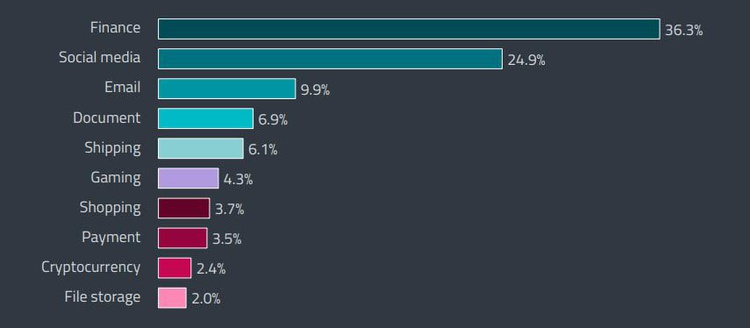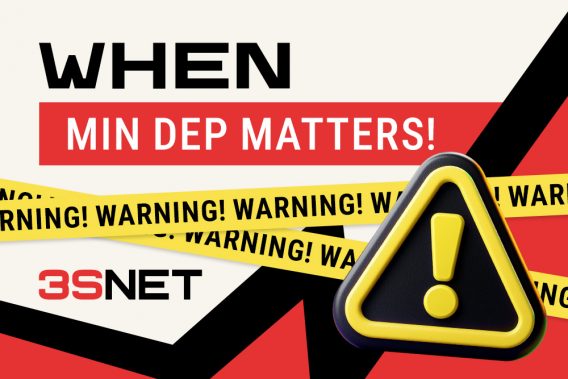
Publication date: 13 Oct 2021
Fraud and blocking of malicious websites are on the rise globally. Russia accounts for 11.4% of the total number of blocked websites. Such data was provided by ESET, an international developer of antivirus solutions, that prepared a report on web threats for the period from May to August 2021.
Japan, Peru, Poland and France are also in the top 5 for this indicator.
The source countries of web threats are determined by the IP address of blocked domains. Most of them (35%) were placed in the US, followed by Germany, Canada, the Netherlands and Russia.
- New report demonstrates the shift away from mass use of the COVID-19 pandemic theme by fraudsters – for the first time in one and a half years.
More than a third of the unique fraudulent URLs impersonated financial institutions, most often banks. Phishing sites mimicking social networks and messengers such as Facebook, WhatsApp and Instagram were slightly less common. Fake email login sites, online document and spreadsheet services, as well as parcel delivery companies ranked next.

Fraudsters first created domains using homoglyphs (i.e., symbols similar in spelling but different in meaning) claiming to be Airbnb, AliExpress and Wikipedia.
Where is there more cryptocurrency fraud?
The ESET report also has data on the rise of cryptocurrency threats. According to the researchers, while there has been a tangible 23.6% drop in cryptocurrency risks globally, the trend hasn’t touched the Russian Federation, where fraudsters continue to operate. 10% of global crypto-fraud cases are detected in the Russian Federation, i.e., literally one in ten incidents. Peru came in second place with 6.8%, with the US in third place with 5.3%.
The most popular ways of scamming cryptocurrency
- Creating fake look-alikes of investment services, where the crypto-holder comes attracted by an assertive advertising campaign;
- Illegitimate use of celebrities’ personalities, who supposedly invest crypto in the fraudsters’ project and encourage fans to do the same. This is done by using fake celebrity pages from which the phishing site can be accessed.
- Cryptocurrency wallet data is looted fraudulently – with promises to promote the owner’s crypto-portfolio.
Let us remind you that as part of the fight against fraud in Russia, protection against unqualified investors came into force on 1 October 2021. That means introducing testing for unqualified investors before dealing in complex financial instruments. It will help people to assess their knowledge and the risks they take.
Share it with your friends via favorite social media


























